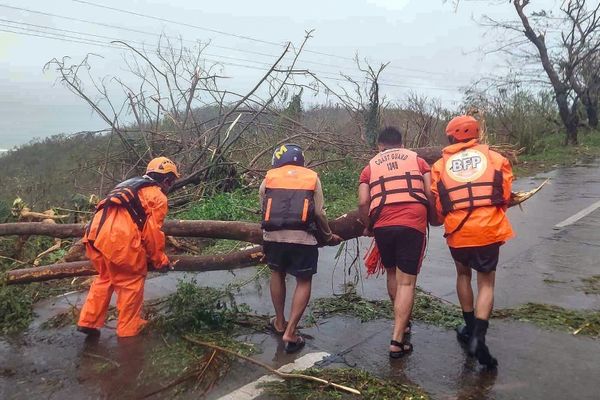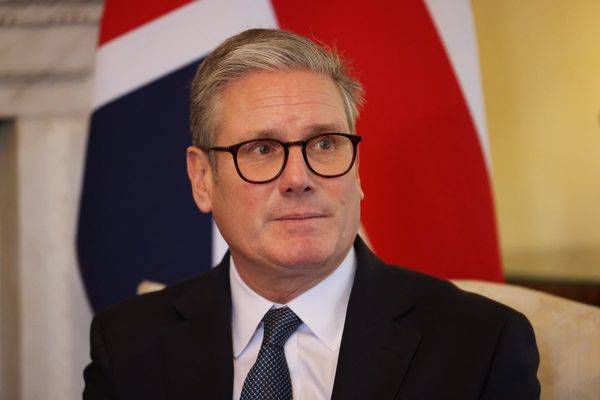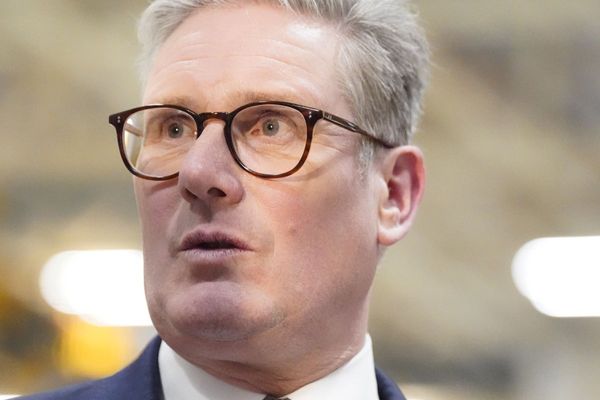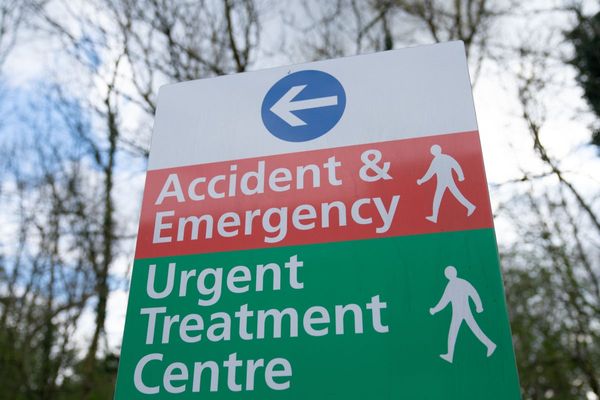
Europe’s first nuclear power plant to open in 15 years began production in Finland on Saturday, at a crucial moment for energy supply following Russia’s invasion of Ukraine.
The much-delayed Olkiluoto 3 nuclear reactor started test production, delivering power to the national grid, which over time is expected to reduce the need for electricity imports and lead to lower prices.
It comes amid growing fears of an energy war in Europe, after Moscow threatened to close a major gas pipeline to Germany if European countries ban Russian oil imports.
Once fully operational Olkiluoto 3, operated by TVO (Teollisuuden Voima), is expected to meet 14% of Finland’s electricity demand, reducing the need for imports from Russia, Sweden and Norway.
“Olkiluoto 3 will decrease Finland’s import dependency and it will become a cheaper price zone,” Aurora Energy Research economist Alexander Esser told Reuters.
Finland’s first new nuclear plant in four decades, Olkiluoto 3 had originally been due to open in 2009 but was plagued by technological problems that became the subject of lawsuits.
The plant started test production at just over 0.1 gigawatt, a small fraction of its capacity, with increase to full, regular electricity output planned by the end of July.
Finland’s net imports of power averaged 13 terawatt hours (TWh) over the last few years, which should drop to 5 to 8 TWh by 2025 with Olkiluoto 3 in operation.
TVO said in a statement: “OL3 significantly improves Finland’s electricity self-sufficiency and helps in achieving carbon neutrality goals.”
The invasion of Ukraine has forced European governments to reconsider their reliance on Russian energy. Russia supplies about 40% of Europe’s gas and over a quarter of its crude oil.
Germany’s economy minister says his country wants to virtually end the importation of Russian coal and oil by the end of the year. Germany currently gets about half of its coal and oil from Russia.
The German government last month halted the Nord Stream 2 project intended to bring additional natural gas from Russia to Germany. The Russian deputy prime minister, Alexander Novak, threatened to impose an embargo on the Nord Stream 1 gas pipeline to Germany this week, after the US pushed its European allies to consider banning Russian oil imports entirely.
The European Commission has proposed plans to diversify Europe’s fossil fuel supplies away from Russia and move faster to renewable energy.
British and European gas prices both hit record highs earlier this month, as the war continued to wreak havoc on energy markets, threatening to worsen the cost-of-living crisis.







